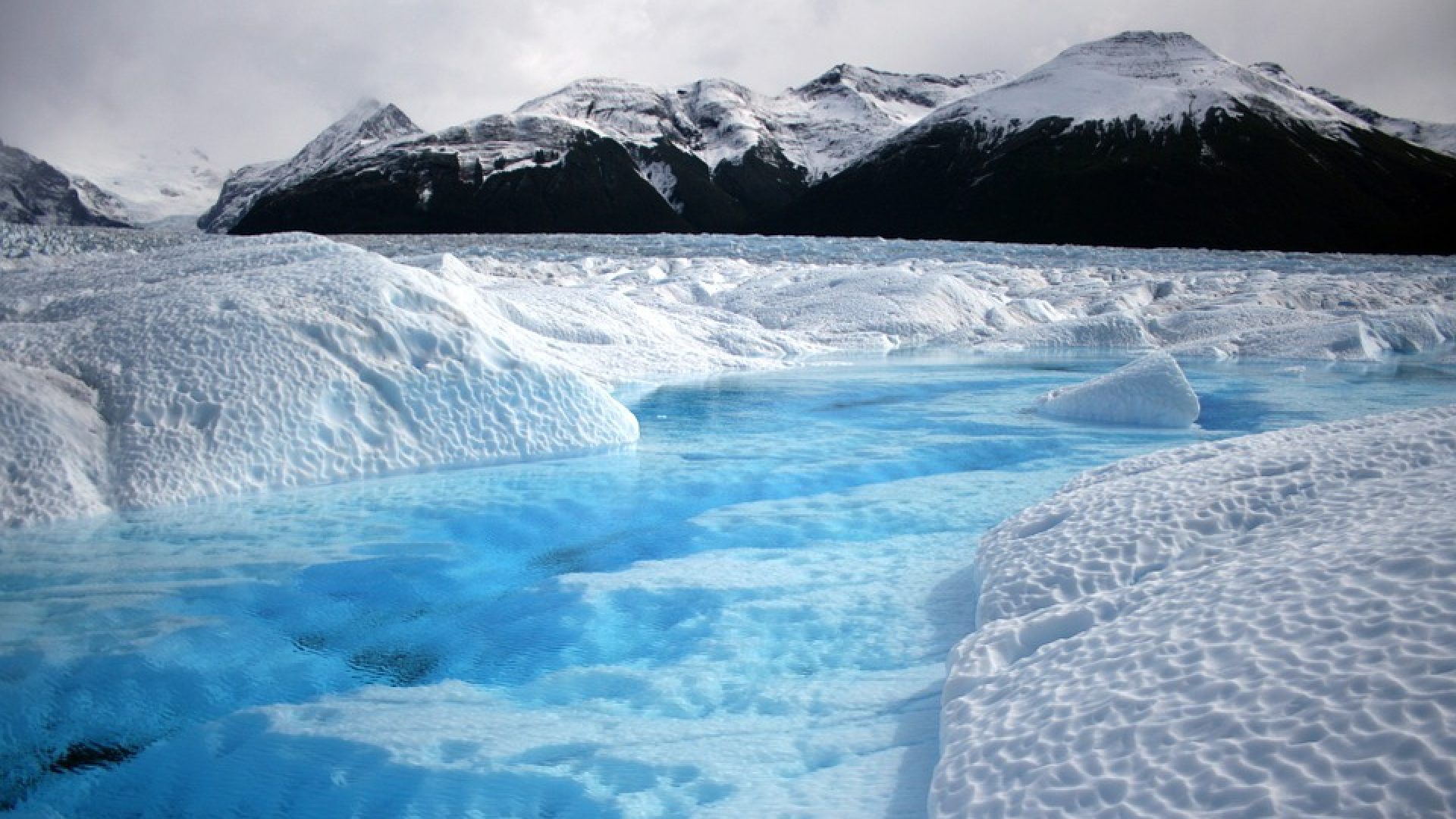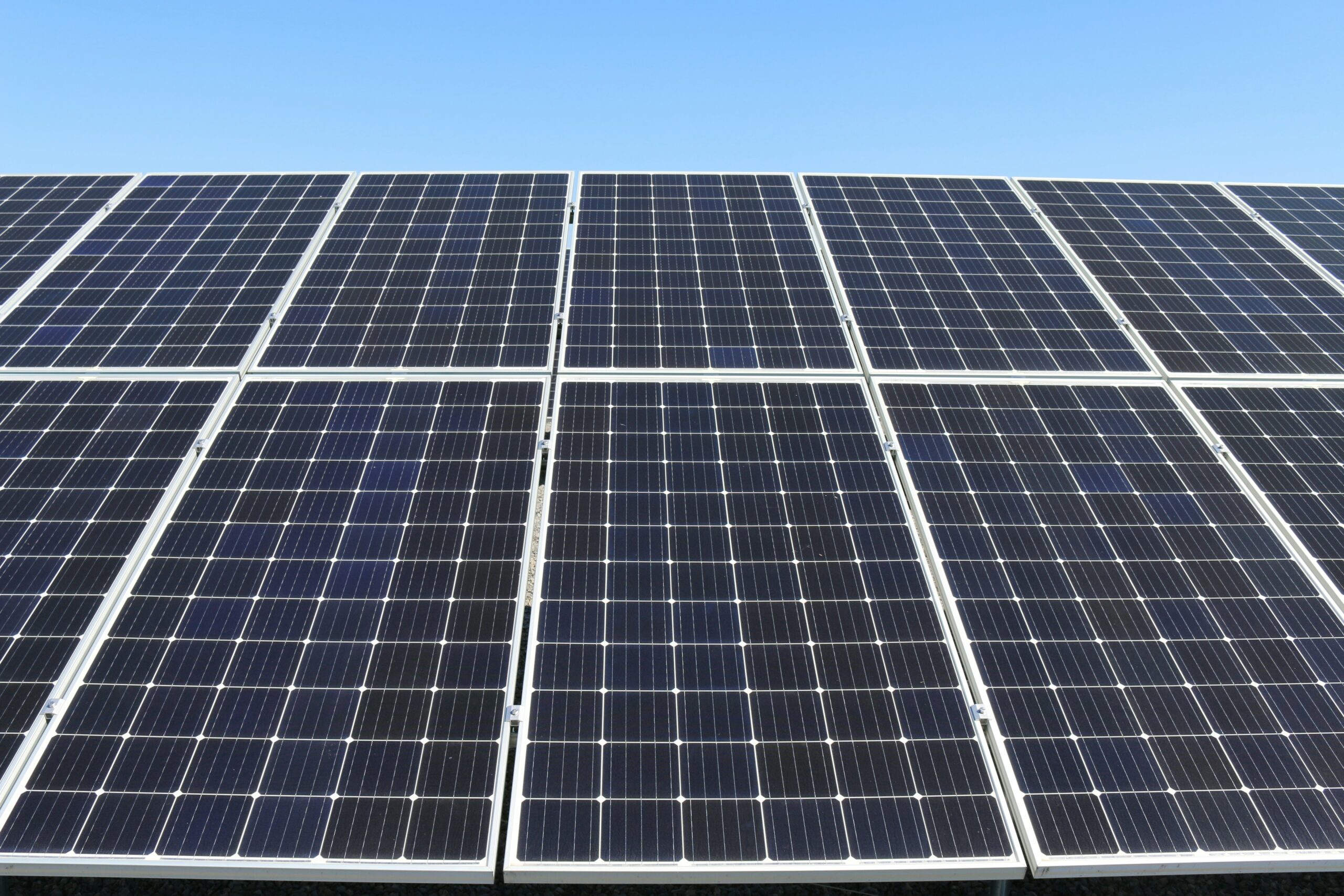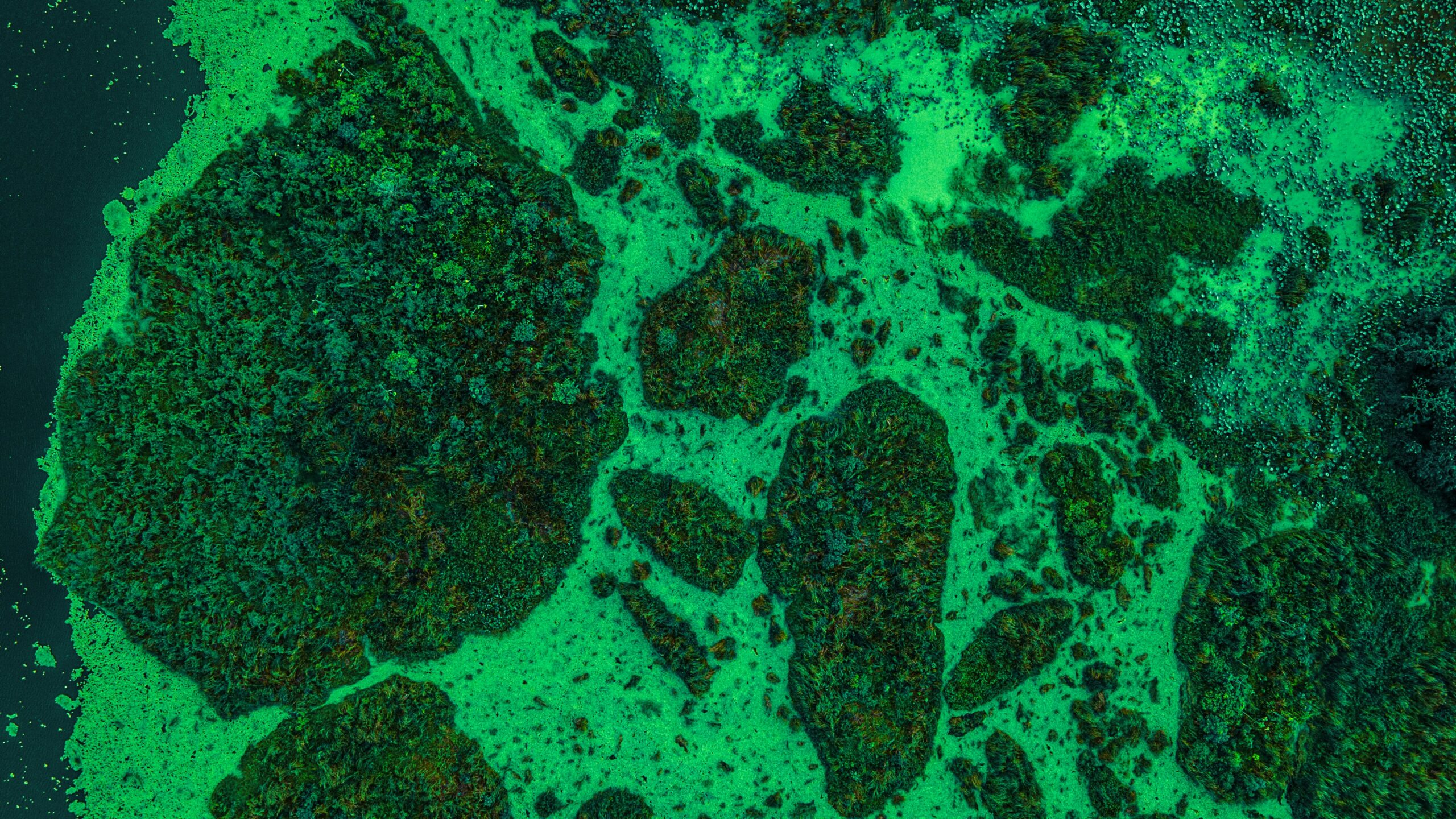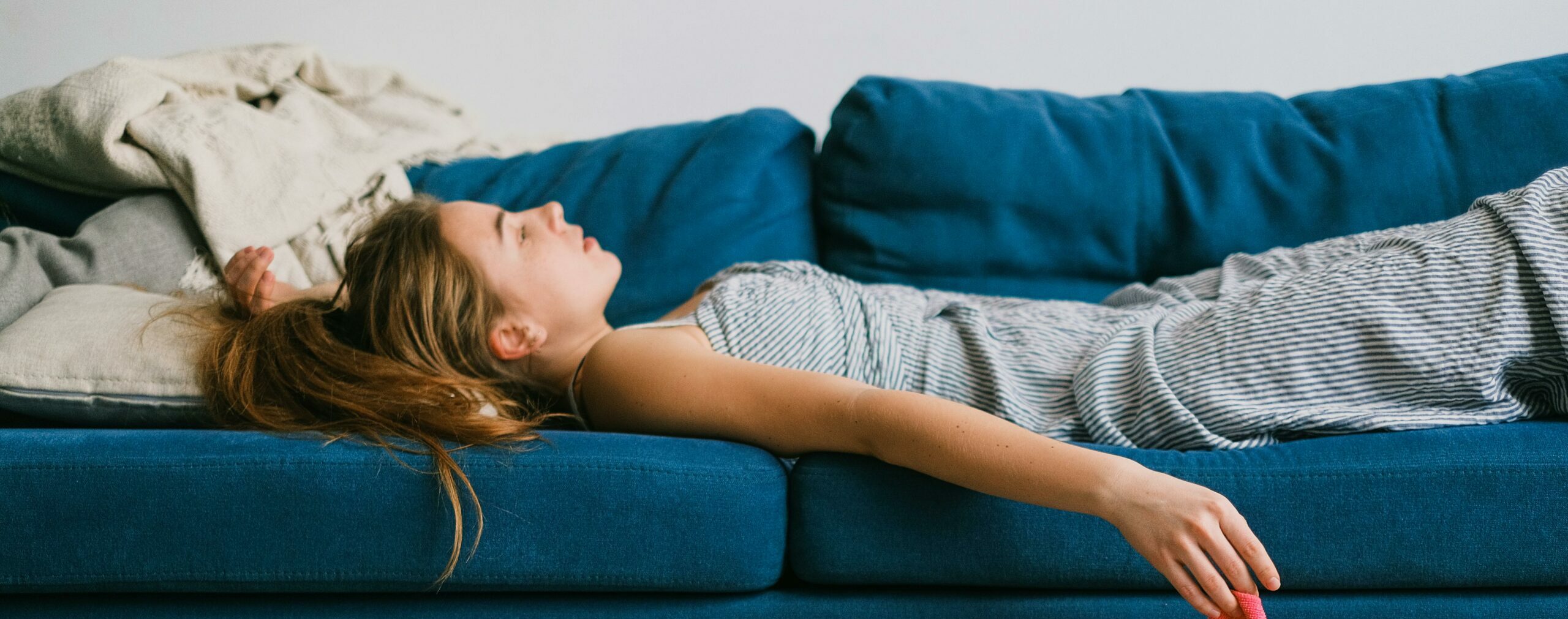Ice bathing is no longer a niche topic. Besides being used for regeneration in sports, regular cold applications are also an effective means when it comes to health and well-being. At least that's what many lifestyle magazines say.
It is therefore hardly a surprise that this practice is getting more and more attention in society, but also in therapy. Of course, not only ice bathing is effective, cold chambers and cooling clothes are also becoming more and more popular. Even being outside lightly clothed in the winter months has a therapeutic effect in many ways. What positive effects cold has, I would like to convey to you in this article.
If you prefer to listen instead of read, you can also find all my blog articles as podcasts on this website or all popular podcast platforms.
What does not kill us makes us stronger?
But why is something so uncomfortable so good for us? Ice bathing is just plain uncomfortable, isn't it? And another stressor for the body to boot. It's always been said "dress warmly, not that you're cold, or you'll get sick"!
And now cold is supposed to be healthy?
In many cases, the reason lies in the body's survival response. When we expose ourselves to the cold, the body reacts with the so-called "Cold Shock Response", which shows itself on many levels of the body, such as the cardiovascular system, hormonal system, immune system, etc.. For you noticeable at the first 30 seconds for example in cold water. The cold burns your skin and your breathing becomes fast.
In the long run, however, the body adapts to this recurring cold shock and even becomes stronger as a result. You can think of it like strength training: light regular exertion leads to minimal tissue damage and subsequently to muscle growth. The body adapts in order not to be permanently overstrained. Supercompensation is what sports science calls it. Or also Hormesis principle! A little poison against the disease can be said.
Admittedly, there is a lot of impressive medical information in this article. Therefore, if you want to know it right away: Regular ice bathing hardens the immune system, cardiovascular system, antioxidant system and hormonal system! Your psyche will be strengthened and well-being will be improved. Even though there seem to be many studies already, the research is still in its infancy and we look forward to many results to come. Feel free to scroll through the headings to find the parts that interest you.
Scientific Disclaimer:
The topic of ice bathing and health has only recently been researched more intensively, which is why the quality of the data is generally not yet at a desirable level. With this article I can not always provide solid evidence, but rather I would like to list the possibilities, advantages and disadvantages of ice bathing on the basis of studies and show the enormous potential. So enjoy the information with appropriate caution 😉
Mental Health and Wellbeing
Let's start with mental health. Here, standardized questionnaires are usually used to compare regular winter swimmers ("WS"= people who swim in cold waters in winter) with a control group: This shows that winter swimmers experience less stress, negative memories and exhaustion. At the same time, perceived well-being is increased and more vigor is displayed (1-3).
As always in science, not everything is clear! In terms of mental health, one study found no differences; it examined friends of the WS as a control group. (4).
So, according to some studies, regular winter swimming can lift your mood and also reduce stress. Now we are of course interested: Does this also show up in the stress hormones? Can this also be scientifically proven?
Hormones
When you go into the cold water, your cortisol level rises first. Cortisol is a hormone that signals stress to the body and activates the survival instinct. So at the moment of the cold bath, the body feels plenty of stress. Although the stress hormone shoots up acutely, these levels are not elevated in winter swimmers at rest. (1,5-8). This can mean that the acute cortisol production in the ice bath, the general production in everyday life keeps lower. So we become more resilient or, simply put, more stress resistant.
Science: The stress hormone cortisol probably increases heat production through increased metabolism of glucose and fats and influences the release of other neurotransmitters. Cortisol normally has a natural daily rhythm and already 1 hour after ice bathing cortisol levels are back within this rhythm (7).
But what happens next in our hormone balance?
Adrenaline and noradrenaline are also acutely increased by ice bathing (5), perhaps even more so for men than for women (9).
With regular winter swimming, however, the baseline values decrease, which shows an adaptation of the body. The body no longer reacts so stressed to the cold. (10-12). Similar to cortisol. And also fitting to the Hormesis principle.
Adrenaline and noradrenaline activate metabolism and thus heat production. The cold adaptation decreases the activity of these substances and thus shows better insulation. So the body can better keep out the cold (12).
Science: Adrenaline and noradrenaline act on beta1 and beta2 adrenergic receptors. Through these they mediate their effects, such as increased heart rate. When these receptors are activated, WS do not increase their basal metabolic rate and heart rate by a smaller percentage than untrained WS. At the same time, however, a stronger vasoconstrictor effect was observed in WS. The (in)activity of these adrenergic receptors could be part of the adaptation mechanisms (13).
Thyroid hormones are also altered in their composition. Since thyroid hormones are crucial for regulating metabolic activity, this could be a mechanism for producing the shiver-free heat. In the study (14) has also shown that when the relevant receptors are activated, trained and untrained WS respond differently. Trained WS use energy from fat for heat production, untrained use energy from carbohydrates. WS could also stimulate fat burning via the acute increase of the so-called parathyroid hormone. (14)
In the case of insulin levels, an increase (15) and a decrease observed for vitamin D (16). In the case of vitamin D, however, it has not been clarified whether it is not simply winter months and low sunlight exposure that are the reason. I do not suspect any connection with ice bathing here.
Eureka! Ice bathing strengthens the immune system!
Most often when we hear about ice bathing, we are told that it strengthens the immune system. But is that so? And what exactly is the immune system anyway?
In fact, our immune system is made up of several components. First, there is a mechanical barrier, for example our skin, but also the intestinal wall. Here, no effects of ice bathing have been studied so far.
Then there are the cells of the immune system. They actively fight pathogens and unwanted substances. Ice bathing affects these cells both acutely and with regular ice bathing. The studies give different results here, but in general there is an increase in some cell numbers (6,17,18)which indicates a better readiness of the immune system. Some research groups also found unchanged levels of (19,20). But where would we be without differing scientific statements 🙂
Furthermore, there are the proteins of the immune system. These are the antibodies on the one hand and the messenger substances on the other. The first we know all too well by now, they are there to mark pathogens and activate the rest of the immune system. Later they can provide immunity against already fought diseases. With regular WS, the antibodies can be reduced to a large extent, with the exception of one group, the IgA, these are increased. (1,8,21)
How is that to be understood now? Antibodies are good, aren't they? We don't want to reduce them, do we? In fact, the results probably show that the first line of defense of the immune system (with the IgA) is strengthened, fewer pathogens even penetrate so far that further antibodies have to be formed. Interestingly, only one already older study finds no changes here (20).
The messenger substances of the immune system are also among the proteins mentioned. They are considered inflammation modulators and are often undesirable because they promote inflammation and this is bad for the body in the long run. There are a variety of these substances, so it is difficult to lump them all together. However, it is also not useful here to describe the relevance of all of them and how they are affected by ice bathing. The results show either an acute increase with one-time ice bathing and subsequent decrease in baseline values over long-term (6,7), or no influence (1,5,22). In any case, it does not seem bad.
Despite all the technical talk about the individual components, in the end we are really only interested in one thing: Will I get sick less often by ice bathing?
A few groups have tried to study the actual disease numbers, but in doing so, the bias of WS can never be eliminated. Here are a few results:
- Winter swimmers are not sick less often, but evaluate the diseases with less intensity (1)
- WS get infections less often than their partners (non-WS), but the same number as indoor swimmers. (23) This suggests that ice bathing has a similar effect to exercise in terms of the immune system.
- In COPD patients, regular Kneipp cures lead to fewer respiratory tract infections after completion of the cure than before, but not during it (17)
- When swimming in the sea, both in summer and winter more diseases occur (skin and ear complaints, as well as general symptoms of illness) (24). This could show us how important clean water is for our health, whether in lukewarm water in summer or cold water in winter.
How the cold affects the cardiovascular system
We have already talked about the cold shock response. This is largely reflected in the cardiovascular system: the pulse shoots up, the heart pumps more blood, we gasp for air and tend to hyperventilate, the vessels in the limbs and on the skin are constricted and there is therefore reduced blood flow there. Instead, there is more blood in the center of the body. (10,20)
Acutely, of course, the whole thing is an enormous stress for the heart, especially the left ventricle is heavily stressed. Therefore, arrhythmias can occur in people with pre-existing conditions, which would have fatal consequences. It is therefore essential to have this clarified beforehand. (25,26)
The good news: it gets better! The body gets used to it and the cold shock response is weakened if you ice bath regularly. (10)
But it not only becomes less bad, but really good! In the long run can reduce blood pressure (16,20) and the maximum exhalation flow is increased (17) be
Risk factors for cardiovascular diseases can also be improved. These include an increase in enzymes that can protect against arteriosclerosis (= hardening of the blood vessels) and reduced homocysteine, a metabolic product that is being researched as an indicator of aging and disease. Important markers for blood lipid levels, including LDL in women, are improved. Also, blood-clotting platelets are reduced and erythrocytes are increased. Above all, this means improved oxygen transport. (21,27,28)
Controversial is a study from China, which describes an increased risk for cardiovascular diseases and a (minimally) higher overall mortality in WS. Unfortunately, the study is originally in Chinese, the methodology is only very briefly described, calculations are not explained and many questions remain unanswered. For example, a brief search also reveals very poor seawater quality in this region (29,30). I don't pay much attention or trust to this study, but I wanted to mention it here for the sake of fairness.
All in all, ice bathing seems to bring enormous benefits to the (healthy) cardiovascular system from various angles. This is really fantastic!
Our good old antioxidant system
This list would not be complete without the ever-present antioxidants. We have a sophisticated antioxidant system in our body. It is responsible for defusing very reactive, harmful substances and preparing them for elimination. The substances are simply produced in everyday life, but are increased during stress, exercise, unhealthy diet or illness. The body's antioxidant system can be thought of as a bunch of many little batteries. Every time they defuse radicals, some "energy" is lost and they are discharged. In order for them to defuse new radicals again, they need to be recharged. You can tell how depleted the body's antioxidant potential is by the "charge level".
Well and what does all this have to do with ice bathing? By now we know, from the previous lines, or from our own experience, that ice bathing means stress for the body in the first moment. Acutely, the antioxidant potential is exhausted and more stress products and oxidation products are produced. (18,31)
Again, however, our body learns to deal with the stress and adapts: The antioxidant system is strengthened; at rest, so to speak, a much better "charge level" can be read off the metaphorical batteries. The markers for stress and oxidation are also reduced. (18,31,32)
It should be noted that the individual variations in a study with women were higher than the changes due to ice bathing, so no trend can be heard (6). However, the authors of the other studies conclude from the results that the oxidative system is hardened. (18,32)
My conclusion about ice bathing
Even though ice bathing and all other forms of cold therapy have not yet been sufficiently researched, I can speak here of a positive effect on your physical and mental health. The evidence tends to be good, but will certainly become more solid in the coming years.
But one thing is definitely important! Before you start with your new hobby of ice bathing, you should definitely have your cardiovascular health certified. Cold supports the heart, but fundamentally only if organically everything is fit. Please take this seriously!
If you now feel like experiencing the positive effects yourself, want to bring yourself to a new level mentally and boost your health, then please also read the article "Ice Bathing - Practical Tips for Your Start"!
You can also find all my blog articles as audio version everywhere there are podcasts and on this website at https://richardstaudner.at/podcasts/
If you find yourself playing with the cold a lot, you should boost your immune system in other ways as well.
I have designed various supplements for "Btonic Performance", which should help exactly here. The areas of action cover many purposes. From supporting the joints or improving cognitive and physical performance, to balancing stress, there is a lot. The basic product "100% Performance" provides everything your body needs for a healthy basic status.
If you want to try these high quality supplements, you can now get 20 % discount on your order. Use the code "richard20" on the website. www.btonic-performance.at
Icy greetings and have fun!
Your Performance Optimizer & Biohacker
Richard Staudner
Sources











